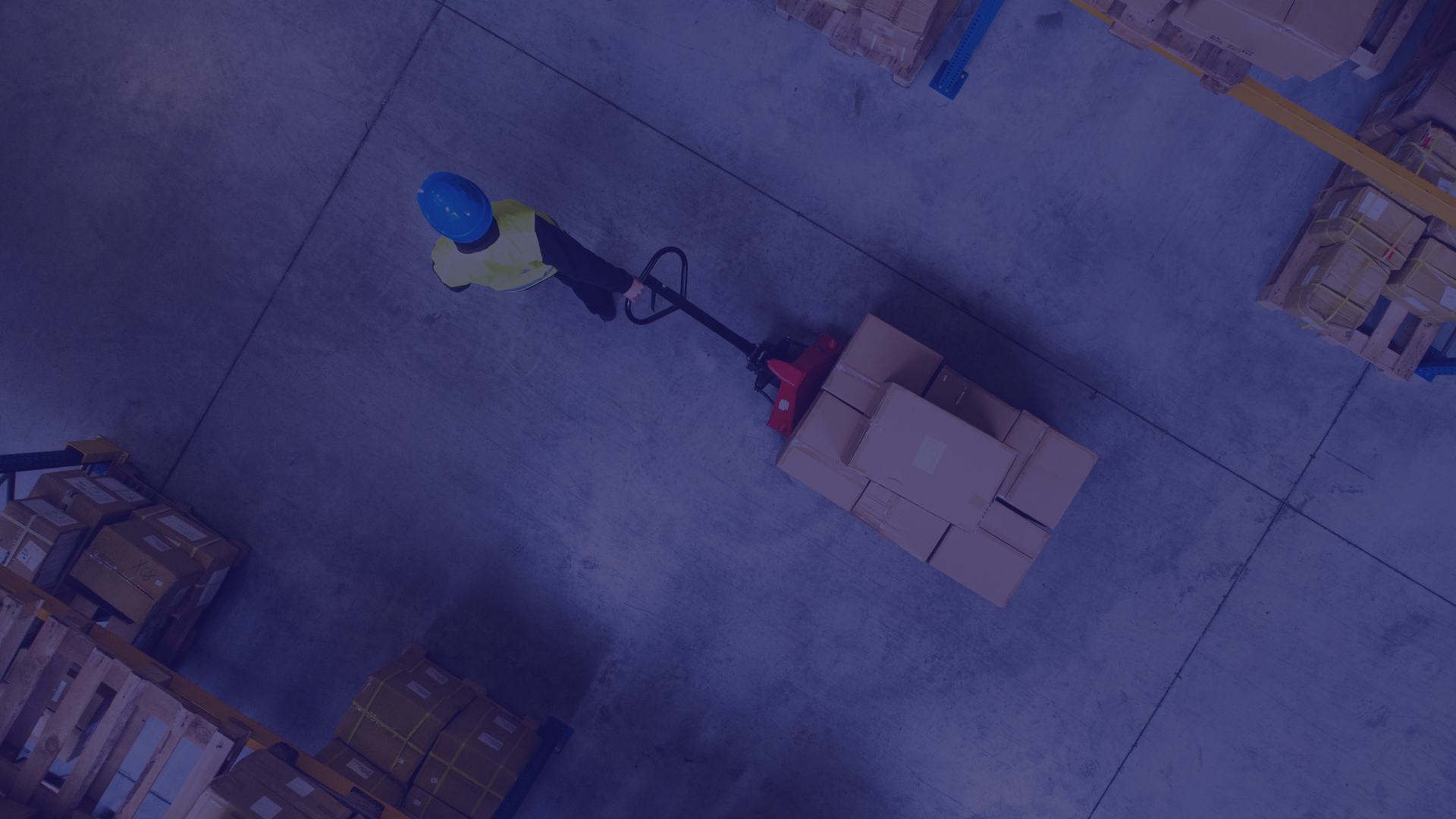7 eCommerce logistics trends in 2024
As we step into 2024, it’s time to unveil the trends that will redefine the eCommerce logistics arena. At Prime Penguin, we’re excited to share insights into the key shifts that are set to transform the way businesses operate and serve their customers. Let’s jump right in!

1. Rise of omnichannel fulfillment
In 2024, the eCommerce world is witnessing the rise of omnichannel fulfillment. Customers now expect a seamless shopping experience across various channels, be it physical stores or online marketplaces. At Prime Penguin, we believe adopting omnichannel fulfillment strategies is crucial. Integrating order management, inventory tracking, and shipping across channels ensures businesses deliver a consistent and efficient experience, irrespective of where purchases are made.
2. Automation of warehouse operations
As eCommerce volumes soar, the buzz around automation grows louder. Warehouse operations are embracing technologies like robotic picking systems, automated sorting, and voice-picking solutions. Automation not only reduces labor costs but also enhances accuracy and throughput. It’s a game-changer that allows businesses to handle higher order volumes without compromising quality or service levels.
3. Adoption of advanced analytics
Data is the new compass in eCommerce logistics. Businesses are increasingly turning to advanced analytics to gain insights into customer behavior, optimize inventory management, and improve delivery times. By analyzing data from order history, shipping, and customer feedback, businesses can make informed decisions and predict demand more accurately, enhancing customer satisfaction.
4. Increased use of robotics and drones
Robotics and drones are no longer futuristic concepts; they’re the present and the future. Already revolutionizing tasks in eCommerce warehouses, these technologies are set to become more affordable and sophisticated in 2024. Robotics improve efficiency and safety, while drones find their place in delivering packages to remote or challenging locations.


5. Adoption of sustainable practices
Sustainability is a rising star in eCommerce. Consumers are increasingly conscious of the environmental impact of their purchases. Prime Penguin encourages businesses to adopt sustainable practices, from multi-warehousing to optimizing delivery routes and using local carriers. It’s a win-win that enhances brand reputation, reduces costs, and satisfies environmentally conscious customers.
6. Greater personalization of shipping options
The era of one-size-fits-all shipping is over. In response to customer demand, businesses are offering a plethora of shipping options, allowing customers to choose their preferred delivery method, time, and location. This level of personalization enhances customer satisfaction, and loyalty, and significantly reduces the risk of returns and complaints.
7. Focus on last-mile delivery
The last mile is where eCommerce meets the customer, and it’s the most critical part of the process. Prime Penguin emphasizes the focus on improving last-mile delivery operations. By partnering with reliable carriers, investing in real-time tracking technology, and providing transparent delivery updates, businesses can reduce delivery times, enhance customer satisfaction, and minimize the risk of lost or damaged packages.
Conclusion
These trends paint a picture of a future where eCommerce logistics is more efficient, automated, and customer-centric. Embrace these shifts, and your business is poised for success in the years ahead. At Prime Penguin, we’re here to guide you on this exciting journey into the future of eCommerce logistics.
Want to know more? Let’s have a quick chat!
